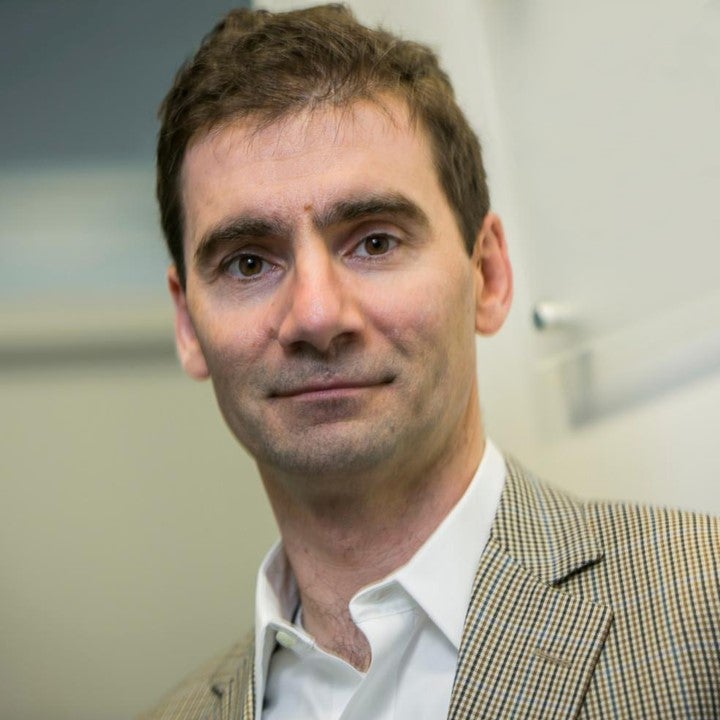CBET Webinar on Synthetic Glycobiology Slated for May 25th
May 25, 2021
Presented by: CBET in partnership with Cornell University.
Moderator: Julian Rosenberg, PhD, Associate Director, CBET
Synthetic Glycobiology: Engineered Biosynthesis of Glycomolecules Inside and Outside of Living Cells
Carbohydrates, or glycans, are involved in almost every human disease and biological process. Hence, the field of glycoscience has the potential to broadly impact society in areas as diverse as medicine, energy, and materials. However, this complex and potentially transformative field has been relatively under-appreciated by the scientific community. This under-appreciation is because glycan structural analysis is tedious, synthesis is challenging, commercial availability is limited, and tools are in short supply. The field lacks a universal, easily accessible database and there is no PCR equivalent for glycans or a comprehensive glycan repository to click and “add to shopping cart.” In turn, our ability to understand and engineer glycosylation is severely restricted. In the last decade, an entirely new discipline called bacterial glycoengineering has made it possible to produce designer glycans on demand, some containing unnatural sugars, and to evolve enzymes, pathways, and host organisms that catalyze prescribed glycosylation reactions. In addition to their biotechnological potential, bacteria equipped with recombinant glycosylation pathways hold promise to improve our fundamental understanding of the glycosylation process. These developments not withstanding, cell-based production of homogeneous glycoproteins remains a significant challenge due to the complexity of this process and our inability to control glycosylation components at precise ratios. To address these challenges, we have focused on the seamless integration of experimental and computational approaches to develop and optimize a first-of-its-kind cell-free glycoprotein synthesis system that permits biosynthesis and conjugation of customized glycans to target proteins of interest both in one-pot reaction vessels and microfluidic architectures.
ABOUT THE SPEAKERS

Matthew P. DeLisa is the William L. Lewis Professor of Engineering in the School of Chemical and Biomolecular Engineering at Cornell University. His research focuses on understanding and controlling the molecular mechanisms underlying protein biogenesis — folding and assembly, membrane translocation and post-translational modifications — in the complex environment of a living cell. Professor DeLisa received a B.S. in Chemical Engineering from the University of Connecticut in 1996; a Ph.D. in Chemical Engineering from the University of Maryland in 2001; and did postdoctoral work at the University of Texas-Austin, Department of Chemical Engineering. DeLisa joined the Department of Chemical and Biomolecular Engineering at Cornell University in 2003. He has also served as a Gastprofessur at the Swiss Federal Institute of Technology (ETH Zürich) in the Institut für Mikrobiologie. He has garnered a number of awards including most recently election to the American Institute for Medical and Biological Engineering (2014), the American Academy of Microbiology (2019), and the American Association for the Advancement of Science (2019).
